
OR
New education act draws flak
Published On: June 29, 2016 12:20 AM NPT By: Republica | @RepublicaNepal
KATHMANDU, June 29:The recently endorsed Education Act has drawn criticisms from several quarters.
The amendment to Education Act 1972, endorsed by Parliament about a month ago, is yet to be approved by the president and published on the national gazette for official enforcement.
“We have experienced a general lack of interest toward investing in private schools,” said DK Dhungana, general secretary of the Private and Boarding Schools' Organization Nepal.
The amended act envisions two categories of private schools--new ones as institutions under trusts and old ones as private companies. It also calls for free education up to grade 12, transfer of teachers as civil servants, and evaluation and promotion of teachers on the basis of school results, according to the Ministry of Education (MoE).
It also scraps the Higher Secondary Education Board, brings plus two under school education and offers solution to decades-long problem of temporary teachers.
“The old act had provisioned free education upto grade 10 but it was not practiced effectively. How can the government ensure free education up to grade 12 without adequate preparation?” Suprabhat Bhandari, president of Guardian Association of Nepal, asked.
Some lawmakers from the CPN-UML and the Nepali Congress have publicly criticized the act, terming it "incomplete" and "impractical."
The issue of amendment has been raised due to partisan interests of the political parties and the private schools, said educationist Biddhya Nath Koirala. “This is a result of clash of interests. The private sector wants to expand its business; the CPN-UML is in favor of turning private schools into cooperatives; and the Maoists are for ending the privatization in school,” he added.
“One of the major failures of the new act is that it does not explain how education sector would operate under the federal structure,” he said.
As per the new act, a National Examination Board will replace the existing Higher Secondary Education Board, and grade 10 exams will be conducted at regional/provincial level, while grade 8 exams will be conducted by the district.
Likewise, after the act receives the president's seal, School Leaving Certificate (SLC) exams will be held at grade 12, according to the MoE.
You May Like This

Replacement medical education bill draws flak
KATHMANDU, June 30: The government has registered the much-talked-about Medical Education Bill in parliament, laying the ground for hospitals owned by... Read More...
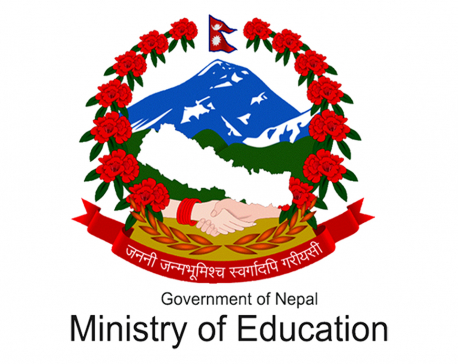
Curriculum framework prepared by education ministry draws flak
KATHMANDU, June 18: A draft of the National Curriculum Framework (NCF) prepared by the Ministry of Education, Science and Technology (MoEST)... Read More...
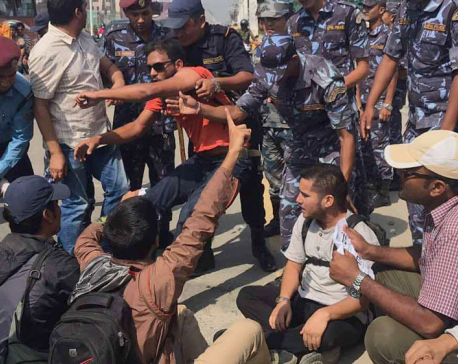
11 arrested while protesting against Medical Education Act (Photo/Video)
KATHMANDU, Sept 25: Eleven protestors have been arrested by the police force on Monday from the Parliament House. ... Read More...

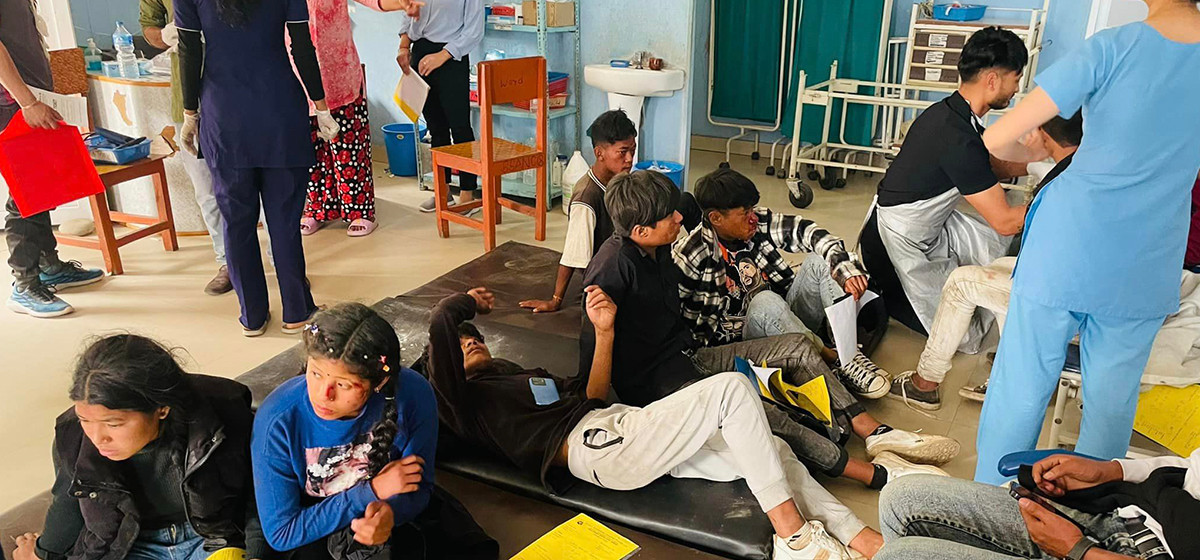
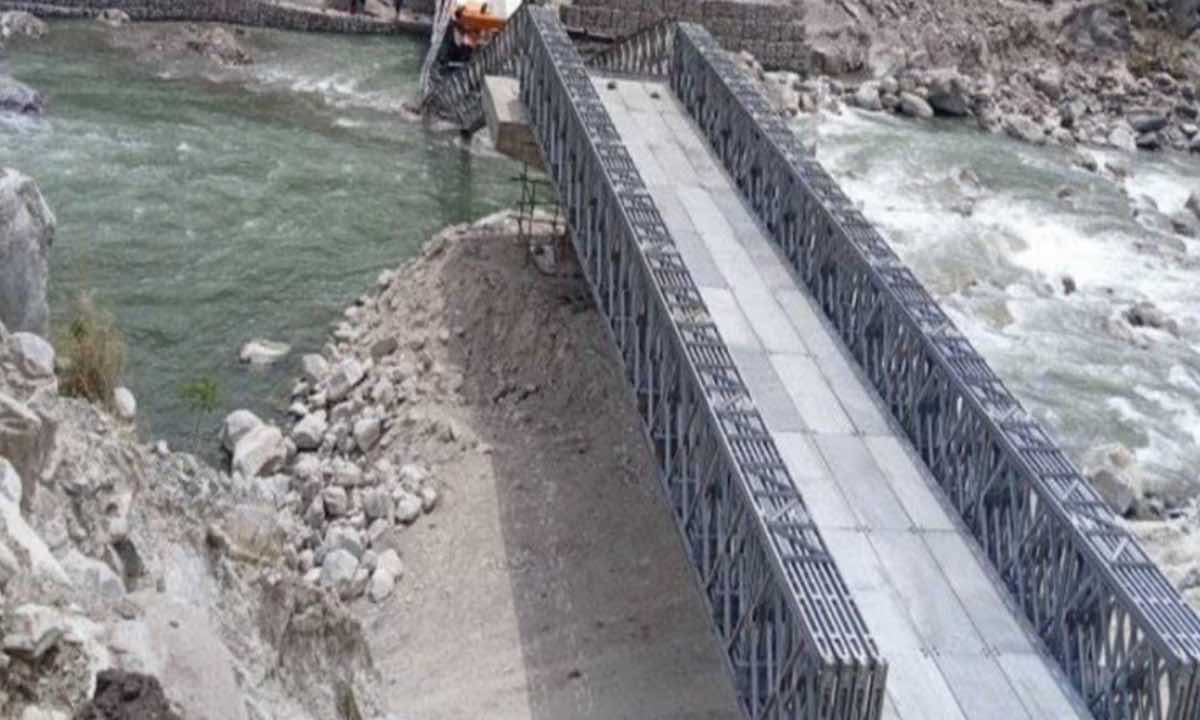

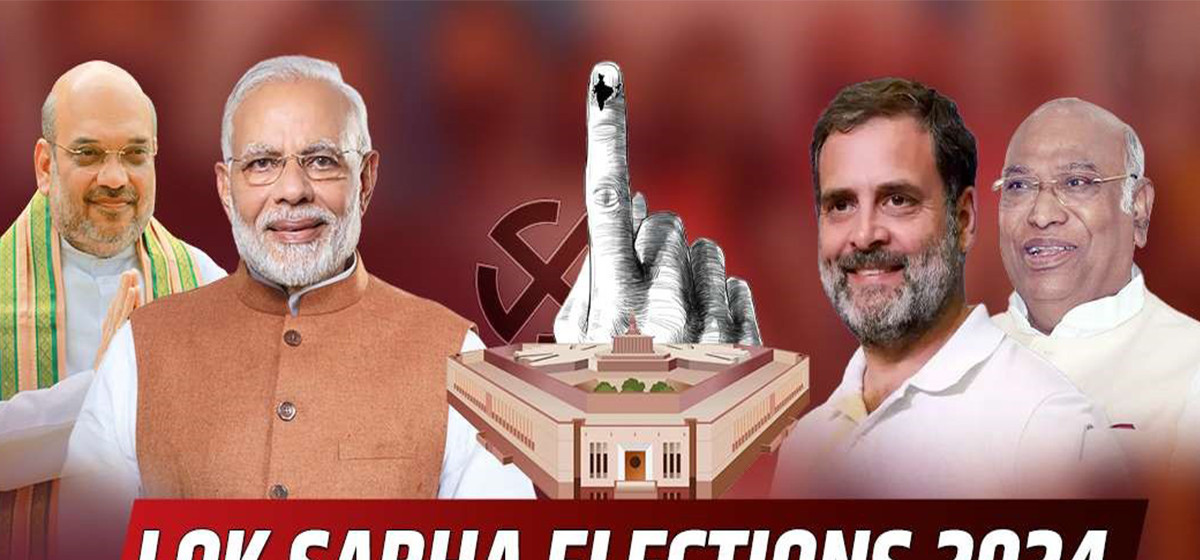

Just In
- ACC Premier Cup semi-final: Nepal vs UAE
- Sindhupalchowk bus accident update: The dead identified, injured undergoing treatment
- Construction of bailey bridge over Bheri river along Bheri corridor reaches final stage
- Taylor Swift releases ‘The Tortured Poets Department’
- India starts voting in the world’s largest election as Modi seeks a third term as prime minister
- EC seeks cooperation for free and fair by-election
- Bus carrying wedding procession attendees meets with accident in Sindhupalchowk; three killed
- CPN (Unified Socialist) to hold its Central Committee meeting on May 10-11












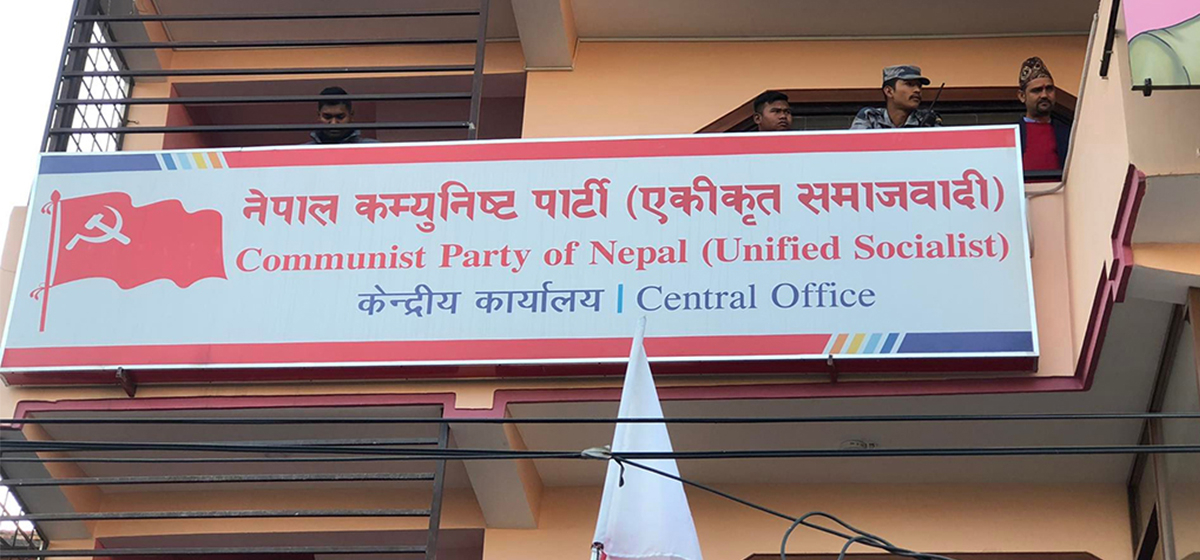
Leave A Comment